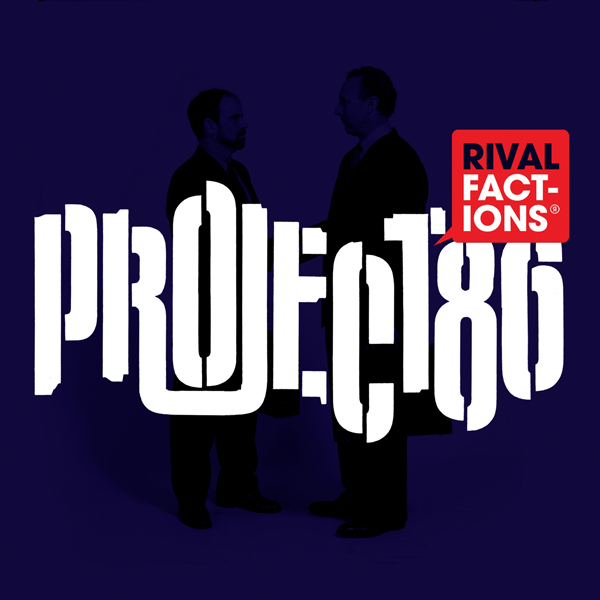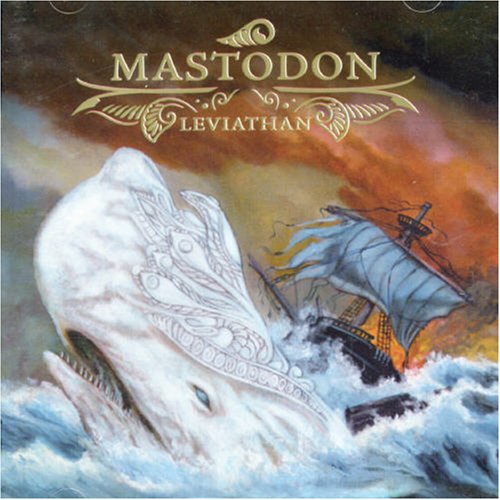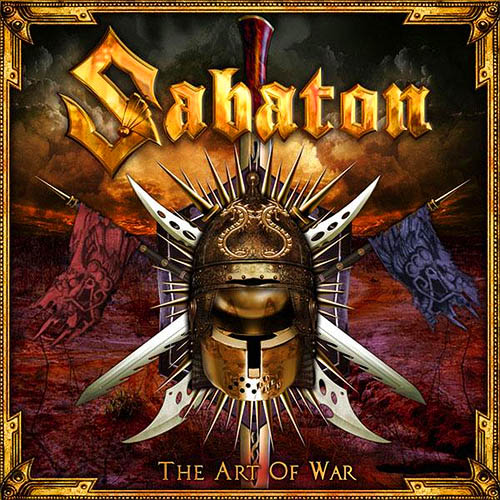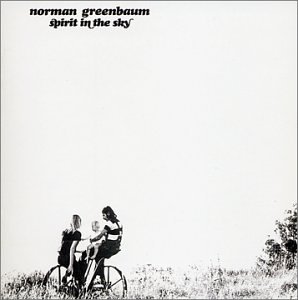First up this week is “God Is Dead?” by Black Sabbath from their latest album 13. I...
Month: October 2015
Unlike recent weeks, I don’t really have a theme tying the songs together this week. We’re going...
Critical reviews are an endless source of discussion in popular culture. On the one hand, they offer...
EDIT: I’ve been working on a little update for the blog, going through past, current and upcoming...
So I’ve got a bit of an ambitious undertaking that I have been formulating over the course...




